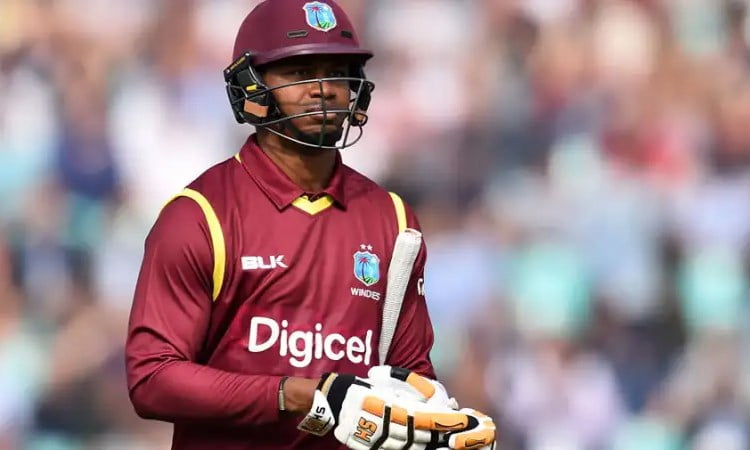Former West Indies cricket player Marlon Samuels has been banned from all cricket activities for six years following an investigation conducted by the International Cricket Council (ICC) Anti-Corruption Tribunal. The tribunal found Samuels guilty of breaching four charges under the Emirates Cricket Board’s (ECB) Anti-Corruption Code.

Samuels, who played over 300 matches for the West Indies across various formats, was charged in September 2021 and subsequently found guilty in August 2023. The six-year ban will commence from November 11, 2023.
ALSO READ: R Ashwin comments on Australia’s strategic masterclass against India in the final
The specific charges against Samuels include:
Failing to disclose to the Designated Anti-Corruption Official (ACO) the receipt of any gift, payment, hospitality, or other benefit that was made or given in circumstances that could bring the Participant or the sport of cricket into disrepute (Article 2.4.2).
Failing to disclose to the ACO receipt of hospitality with a value of US $750 or more (Article 2.4.3).
Failing to cooperate with the ACO’s investigation (Article 2.4.6).
Obstructing or delaying the ACO’s investigation by concealing information that may have been relevant to the investigation (Article 2.4.7).
Marlon Samuels handed 6⃣-year ban for breaching anti-corruption codehttps://t.co/5lK2RrA9pn
— Firstpost Sports (@FirstpostSports) November 23, 2023
Commenting on the ban, ICC General Manager – HR and Integrity Unit Alex Marshall stated, “Samuels played international cricket for close to two decades, during which he participated in numerous anti-corruption sessions and knew exactly what his obligations were under the Anti-Corruption Codes. Though he is retired now, Mr. Samuels was a participant when the offences were committed. The ban of six years will act as a strong deterrent to any participant who intends to break the rules.”
ALSO READ: Ian Chappell applauds Pat Cummins after Australia’s 2023 World Cup win
Samuels, who has represented the West Indies in Tests, ODIs, and T20Is, played a crucial role in the team’s victories in the 2012 and 2016 ICC Men’s T20 World Cups, scoring top-scores in the finals of both tournaments. However, his career has been marred by this recent ban, which highlights the ICC’s strict stance against corruption in cricket.
